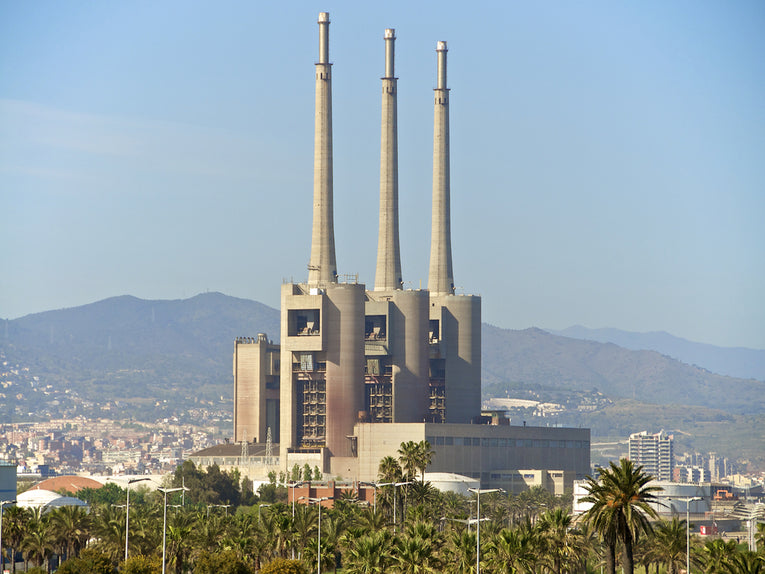We are failures at developing the green economy. UK Friends of the Earth campaigner, Guy Shrubsole starts the green ball rolling with, "Investors want politicians to stop dithering, stand up to George Osborne (the British Chancellor of the Exchequer), and demonstrate that the UK's green economy is open for business long-term." Let's hope the British MPs listen. In Europe, the EU-wide target for 2030 is being discussed after a 20% target for renewable energy capacity has expired for 2020.
The UK Energy Minister, Ed Davey claims he would oppose any new target, but this hardly fits in with a vote currently progressing in their Parliament to decarbonise Britain entirely by 2030. Like many European countries of old, the UK is not governed by a single political party, of course, so a collision course seems set.
Business-wise, the green investment bank has been copied in several countries, but the UK has forbidden it now to loan out any further funds! The export of large amounts of US coal into Europe has also created a cheap alternative for the present generation of power. 30% of power in the UK is coming from ancient coal powered stations, while parts of Europe are puffing away in a similar vein. Ernst and Young are a consultancy in environmental finance who claim that renewable energy development is being attracted into EU member states such as Italy and Germany. They both have large amounts of renewable energy capacity, having reached the 2020 target of 20% first!
Renewable energy use in Europe fell in 2011, however, owing to lack of funding and a lack of hydroelectric capacity. Despite a cut in greenhouse gas emissions, this was down to a remarkably mild winter. As the dirtiest fossil fuel (coal) increases in usage, with relevant "permits" being issued in 2013, it is difficult to see how any progress can be made with green technology in the near future. This is partly due to business lobbying for the retention of the permits in Brussels by English Conservative MEPs.
The Conservative Party in the UK has been responsible for a U-turn from green policies and for taking up the shale-gas cause. Corin Taylor is senior economic advisor at the Institute of Directors. Copying the US addiction to fossils, he has made comments such as, "Shale gas investments could be worth £4bn a year to UK economy." They need to be taken with a pinch of North Sea Gas. Such economists are living in the past.
This year the UK saw a cold winter and a very late Spring, meaning that those 2011 figures are likely to be reversed. The UK actually dropped their emissions twice as much as the EU average in that year. That means the situation could be ripe for innovative renewable energy, both small and large scale. But it could be a case of catch up, if entrepreneurs in Eastern Germany or elsewhere start greening their technology










